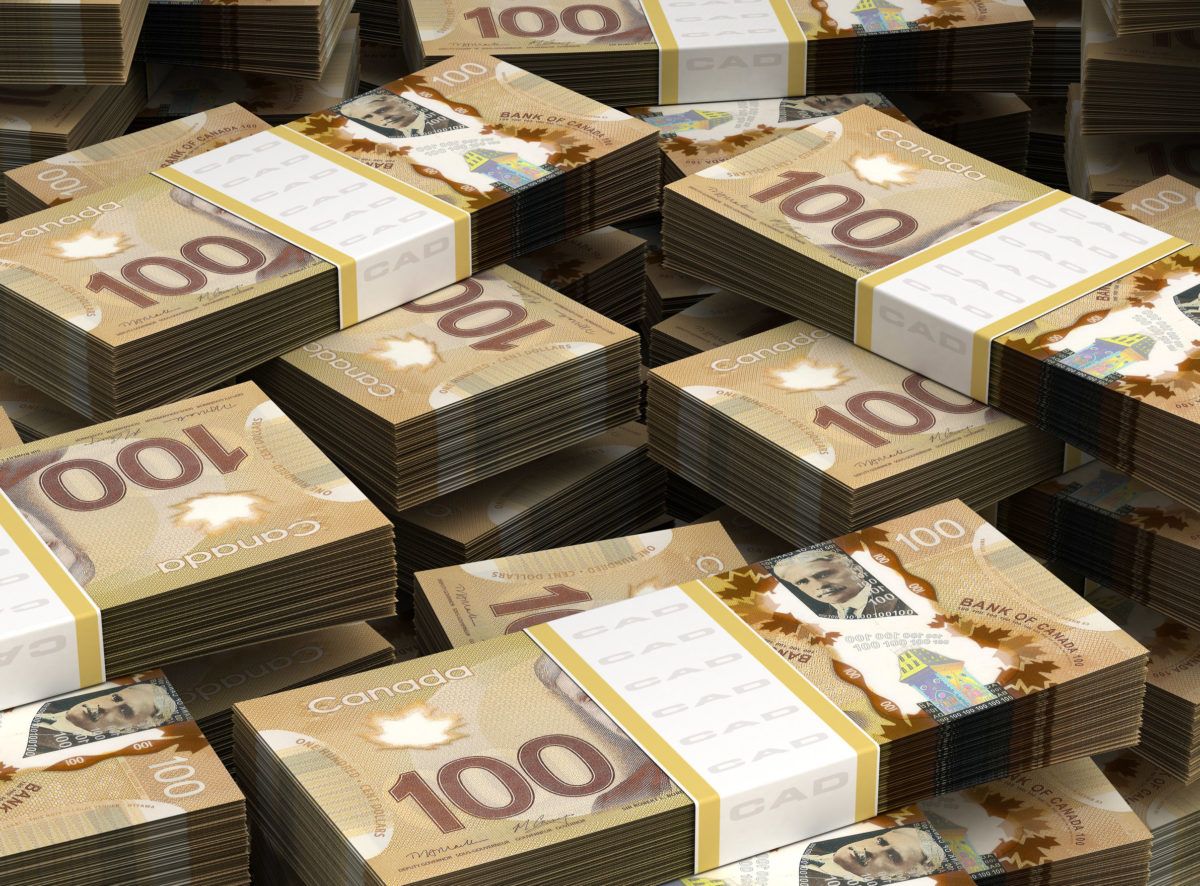Aurora Deutschland – the German subsidiary of Alberta-based Aurora Cannabis – won all three “lots” to supply Italy with a total of 400 kilograms (880 pounds) of medical marijuana over two years, the Italian government announced.
But the award may come at a cost for the Canadian company: The average price it offered – 1.73 euros per gram ($1.94) – was less than half the tender reference prices and only slightly above the company’s latest reported average “cash cost of sales per gram of dried cannabis sold.”
Italy was the second-largest European medical cannabis market in 2018, with sales totaling about 600 kilograms.
In addition, the Italian Ministry of Defense, through its office of Stabilimento Chimico Farmaceutico Militare (SCFM), produces almost 150 kilograms per year of medical cannabis.
Italy’s defense ministry announced the latest award Monday, with Aurora being the sole company selected after other bidders were disqualified for various reasons.
Assuming Aurora supplies 50 of the new 400 kilograms before the end of 2019, Italy’s total estimated sales in 2019 would be 900 kilograms, a significant increase over 2018.
Margin depletion
The prices Aurora offered for the tender suggest that the higher margins enjoyed in Europe by international companies won’t be the norm unless cultivators find a way to produce at substantially lower costs.
Three recent examples support this:
- In early 2018, Aurora was the sole winner of the previous Italian application process for a total of 100 kilograms, offering an average price of 3.2 euros per gram.
- In April 2019, Aurora won the latest application process to supply Luxembourg with 20 kilograms for 50,000 euros ($56,042), or 2.5 euros per gram.
- In May 2019, the results of the German application process were announced. In this case, neither authorities nor the winning companies disclosed the price offered. But there was an incentive to provide a low economic offer, as 40 of the 100 possible points were granted solely on price.
Aurora reported in its latest quarterly earnings statement an average cash cost of sales per gram of dried cannabis sold of CA$2.05. That’s roughly 1.40 euros per gram, an average that includes production of Aurora’s non-Good Manufacturing Practice (GMP) facilities such as Saskatchewan-based CanniMed and Uruguay-based ICC Labs.
It is reasonable to believe that GMP-produced cannabis shipped to the European Union has a higher cost of sales per gram than the average reported.
The 1.73-euros-per-gram average price that Aurora offered in Italy is barely above the company’s average cash cost of sales, which means Italy represents little profit, if any, to the company.
Award criteria
The award criteria was the lowest offered price for each individual lot. Companies needed to qualify for their offers to be considered, something only Aurora achieved.
Five companies originally applied:
- Aurora (through its German subsidiary)
- Canopy (through its German subsidiary)
- Medicinal Organics Cannabis Australia
- Tilray (through its Portuguese subsidiary)
- Wayland (through its Italian subsidiary)
The technical documents were opened July 3, and the evaluating commission immediately disqualified Wayland after an irregularity was detected that could not be remedied because the company declared that it does not apply radiation – or an equivalent treatment – to its products.
All other companies had irregularities but, unlike Wayland, were given an opportunity to remedy them.
However, neither Canopy, Medicinal Organics Cannabis Australia nor Tilray submitted the documents required by the government and were subsequently disqualified. For example:
- Canopy presented a flow chart indicating packaging operations done at its German subsidiary. However, Canopy did not indicate a laboratory in the European Union to carry out the microbiological analysis of the product for the purpose of release after packaging. The microbiological analysis carried out by Eurofins Expertchems Laboratories in Canada for the purpose of releasing the product subsequently packaged in Europe was not considered acceptable.
- Tilray failed to present the European single procurement document with an original signature. Moreover, for the chemical and microbiological quality control, Tilray submitted a GMP certificate by a laboratory that is authorized to process medicines but not active substances.
- Medicinal Organics Cannabis Australia did not present any of the documents required.
The commission considered Aurora’s remediation of the observations to be admissible because:
- The company stated that packaging would be carried out in Canada and, thus, did not require a GMP certificate for packaging in Europe.
- The GMP certificates and the supporting documents of the company that carries out the irradiation are in line with what was requested.
Because Aurora was the sole company qualifying with acceptable documentation, only its envelopes with economic offers for the three lots were opened. The prices offered by the other companies that were disqualified were not published.
Aurora offered the following prices:
- 1.78 euros per gram for the first lot of 320 kilograms of high-THC flower, totaling 569,600 euros, a 56% discount over the tender reference price.
- 1.29 euros per gram for the second lot of 40 kilograms of THC/CBD-balanced flower, totaling 51,600 euros, a 57% discount over the tender reference price.
- 1.77 euros per gram for the third lot of 40 kilograms of high-CBD flower, totaling 70,800 euros, a 41% discount over the tender reference price.





